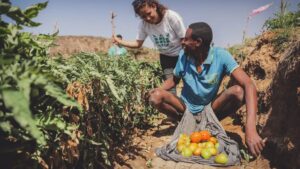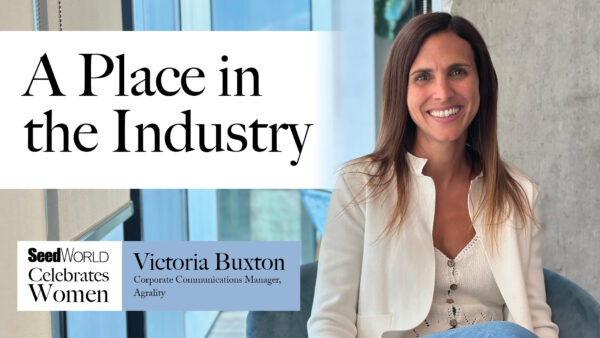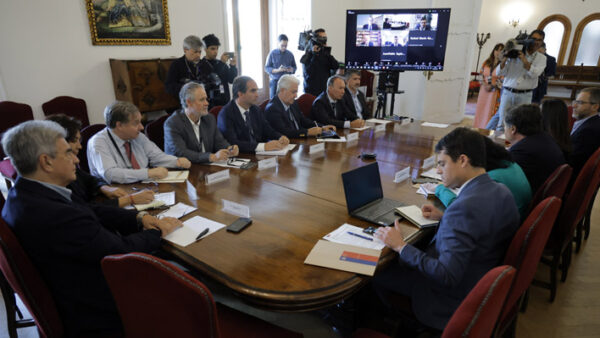Harvey. Irma. Maria. Las Vegas. The list of recent devastating events is long. In times immediately following such tragedies, many wonder what they can do to help. These events can bring out the best in people, and the support is swift and powerful. However, in the weeks and months after such events, support wanes and folks return to their regular lives. This is when we can all do better.
All over the world, and right here at home, people struggle. Millions live in poverty, in hunger and without access to clean water, shelter and proper healthcare. In many ways, they live in a perpetual state of disaster recovery.
Like many in the industry, I have a passion for helping to feed, clothe and fuel the world, but my day-to-day activities don’t feel all that connected to that greater mission. This incongruity is where the world’s needs and your passion can connect.
A few years ago, I was asked to join the board of directors for Seed Programs International (SPI). Its mission: “to provide good quality seed, expertise and training materials to humanitarian organizations working around the world to alleviate hunger and poverty.” SPI receives donated seeds and makes those available for free, or at a very low cost, to impoverished communities.
Through this initiative, I became more connected to the cause and mission, serving as the chair of SPI from 2014 to 2017. In this role, I felt a deep sense of accomplishment in that I was truly helping those who needed it most. I still serve on the board and am proud of the progress SPI is making. I also have the honor to work some outstanding seed industry veterans such as Brian Love (current chair), Don Wertman, Jack Bernens, Sharon Hanson, Alexis Ellicott, Karl Fiander, Tamiko Gaines, Gary Kushner and John Batcha (SPI founder).
Seed industry professionals offer an incredibly important skill set to humanitarian organizations. Your knowledge and experience in crop and food production, distribution and breaking down global import barriers to get seeds where they are needed are unique and critical. In addition to supporting disaster recovery efforts, I’d like to challenge each of you to put your skills to work in providing ongoing support to the less fortunate. If we all take an active role, then we can truly say “we are feeding, clothing and fueling the world.”








